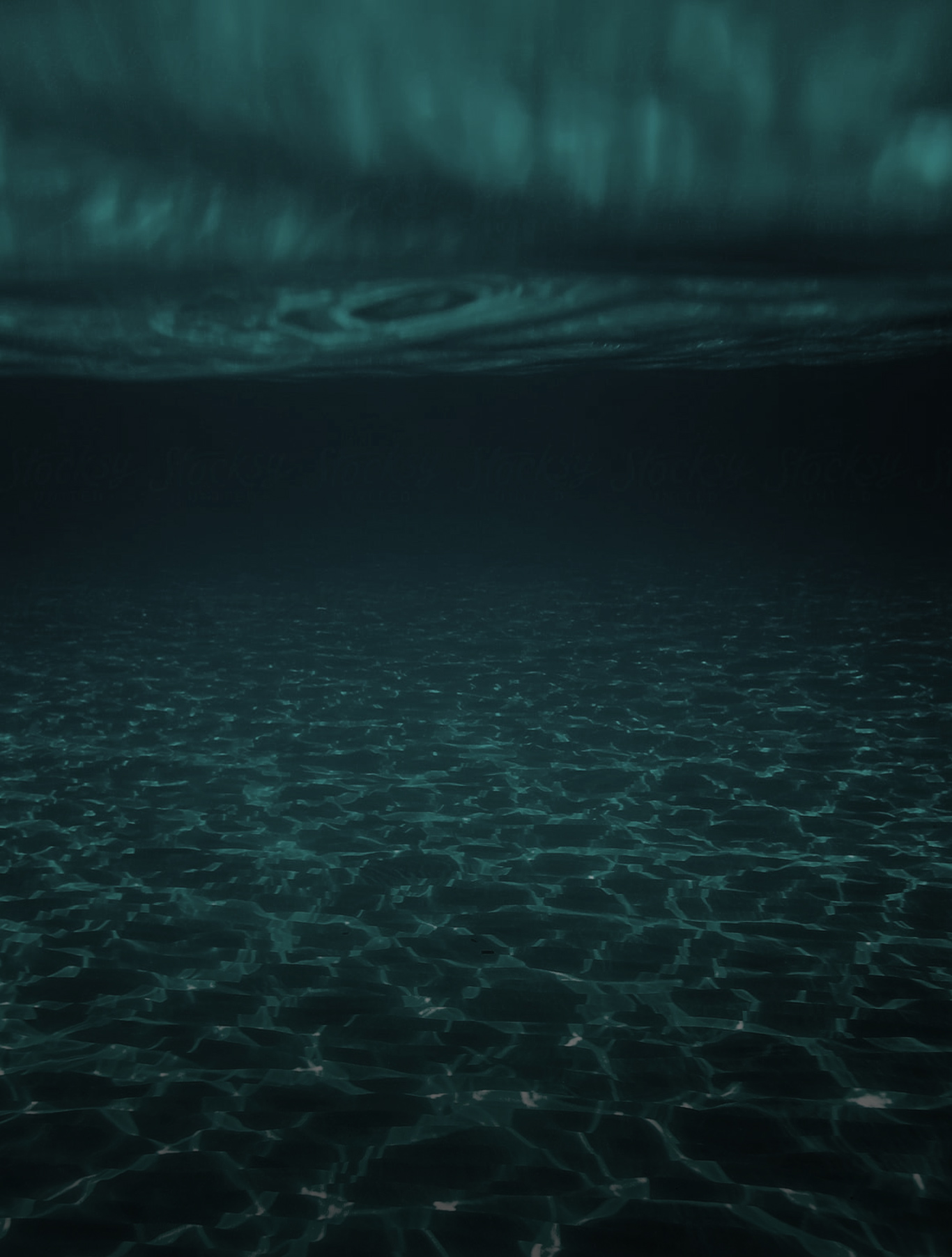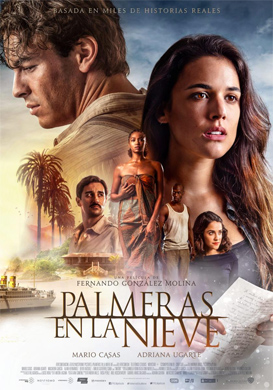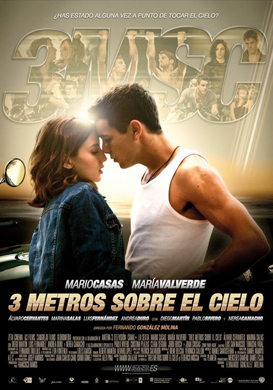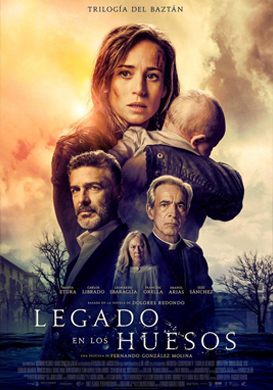
A film by
Fernando González Molina

A film by
Fernando González Molina
FRANCE, 1939
Hundreds of thousands of Spaniards are crossing the Pyrenees as refugees from the war and Nationalist repression. Facing this mass exodus, the French government decides to lock the migrants up on the beach, where living conditions are extreme. They create several concentration camps.
Catalonia, 1939. HELENA (17) is stroking her dead lover's face as a truck takes her outside a village, driving over a plain. The driver stops the truck and forces her to get out. He dumps her boyfriend's body into a mass grave. Helena takes off running, kicking up a trail of dust in her wake; she is free. But she has nowhere to go. The country has been at war for 3 years. Brother against brother. Father against son.
In the cold night, a dying soldier manages to give her an envelope. There is an address written on it.
With no food, Helena drinks water from rivers until she reaches the outskirts of Barcelona. Her plan is to flee to France. All she wants is to run from the destruction.
She can see Barcelona in the distance. Helena crosses paths with a girl, MARÍA (25). She is strong and cheerful, helping the female militias to stop the imminent advance of the Francoist troops. María offers her a place to rest on her way to France. This is the beginning of a friendship that will last the rest of their lives.
María goes with Helena to the address on the envelope in the upper part of Barcelona. CARME (40) is there, a married woman. She and her husband are packing their belongings When Carme hears about the dead soldier, her heart jumps into her throat.
While María and Helena return back home, Italian planes start to bomb Barcelona. Fortunately, they are unscathed, but they make a decision: They will all leave together for France. Helena will go with them.
At the time, the escape to the French border was the greatest human exodus in the history of Europe. Until they bottleneck at the French border checkpoint. The border is closed. Carme is one of the crowd. She decides to join María, Helena, and all the other Spaniards. Carme feels that her place is with them.
ELISABETH (25) is also one of the throng, a Swiss volunteer who has left everything behind to help the victims. After 48 hours of desperation, they finally open the border crossing. They have managed to flee the war, but not misery. They are a half million refugees.
The French government decides to lock many of the migrants up on the huge beaches found in the south. In Argèles, a wire fence with watchtowers separates the camp from the rest of the world. Thousands of people crammed together, in inhumane conditions. Carme, María, and her parents. They are a family. Carme confesses that she is pregnant The soldier from the letter was her lover. They all believe that being jammed together like this, like animals, is temporary. They are wrong.
María, the most combative of the group, tries to help however she can. Carme's health grows worse and worse. Helena feels the most lost out of all three of them. Survival at any cost. She does not share María's ideals, nor Carme's hope. Lost and confused, she survives one day at a time.
War and motherhood mark the lives of these three women that fate has joined forever. The child mortality rate is 95%.
With all the misery cast upon the children and their mothers, Elisabeth argues with the local authorities to allow her to create a maternity ward, a clean and safe space for women to give birth. Finally, she manages to create IT. Carme. She is in a fragile state of health, but she has made it clear to her friends that all that matters is the baby. The baby is born healthy. He will be named MARCIAL, like his father. She dies while giving birth and María takes him as if he were her own son.
The Civil War ends. Everyone forgets the Spanish refugees. The thousands of refugees in Argèles are now stateless. And Europe is too worried about Hitler and Mussolini on the cusp of World War II. Shortly thereafter... the 3rd Reich occupies France. Elisabeth is always on the victim’s side, so she agrees to grant shelter to the HOROWITZS, a Jewish family.
María convinces the hesitant Helena, and they leave the camp forever. They both take Marcial and join the Resistance. They create an underground network to evacuate people persecuted by Nazism and Fascism. María is gravely wounded, but Helena manages to escape with Marcial.
Ever since she got off that truck on the Spanish plain, Helena has been walking aimlessly, unsure what to do or where to go. Now she feels that she has something. Something to do in life. Carme's dream has come true. In a certain way, all three of them are Marcial's mothers. A son of war. Hope for a peaceful future. A fresh start.


Historical context
In 1939, the Spanish Civil War comes to an end. Franco's side takes over the government and, in the last few days of conflict, a half-million people flee to France to escape the regime's oppression. To contend with this mass exodus, the French Republic creates internment camps on the beach to house the tens of thousands of Spanish migrants who have crossed the Pyrenees. Living conditions in the camps are inhumane. Devastated by inclement weather, plagues, and disease, the child mortality rate is higher than 95%.
Many of these refugees join the war efforts against the Nazis a few months later. Thousands of them will end up in Nazi extermination camps. Others, the more fortunate ones, will liberate France and the rest of Europe after the World War. Both groups have been practically forgotten. Within this context, Elisabeth Eidenbenz, a Swiss Red Cross volunteer, creates a maternity ward in an old, abandoned mansion in the city of Elne. Here, the pregnant women from the camps have a safe place to give birth and rest before and after doing so. Throughout the period the maternity ward was in operation, Elisabeth and her team helped give birth to 597 children. Without their aid, these babies most likely would not have survived. The first children were born to Spanish mothers, but shortly thereafter, and once World War II broke out, the maternity ward welcomed mothers from different places around Europe, especially Jewish mothers.





HELENA MUÑOZ (17)
Helena has no one; she's not much more than a girl. Her father abandoned her when she was little, and her mother died before the war. A neighbor took her in and taught her how to be a teacher. They became a couple, although Helena never felt she was in love with him. After his death, she decides to go to France to escape the war, to start a new life.
“I just want out and to start...to start...living”
MARÍA ALVAR (25)
Her father says that she could be the Captain General, and he is not far off the mark. María was born to fight for just causes. When the factory where she worked closed because of the war, she started helping the Republican militias. She is a cheerful woman, full of light, but she also has a strong, proud personality. She won't bow her head to anyone.
“It's not because of what they are;
it's because of what they've turned us into”
CARME (40)
An affluent woman with a comfortable life, she has never known need. Married to a high-ranking civil servant under the Republican government, she falls in love with Marcial, her neighborhood mailman, younger than her. When she realizes that she is expecting Marcial's child and that Marcial has died, she decided to be brave and leaves her husband to raise the child on her own. The baby is her greatest treasure and the one who gives her strength to go on, to ensure that he is born healthy.
“They can't defeat us if they're born”
Elisabeth Eidenbenz (25)
Eli is a teacher. Her vocation is to help people. A volunteer with the Swiss Red Cross, she doesn't bat an eye when it comes time to leave her home to go to where she is needed, even if that place is a country at war.
“I don't fight on any side. I help victims.
I'm just doing my job”
Marcial (0)
The son of Carme and Marcial, although he never meets his biological parents. María raises him as if he were her own. Helena is the one who takes care of him when María is badly injured.
Braulio (62)
Robust in appearance, he has worked his entire life as a cooper. He is married to Aurora. He loves and dotes on her. When he sees her swollen feet, he builds her a wheelchair so she can move without pain.
Aurora (66)
A seamstress by trade, married to Braulio and mother to María and Antonio. A combative woman who has her principles, she is incapable of sitting still. She works indefatigably, first at the camp and then the maternity ward.
James Dearden (35)
Captain of the XII International Brigade, he is proud and haughty. During the Civil War, he helps the Republican side, and in World War II, he collaborates with the French Resistance to help them to evacuate civilians.

Antonio “Pirineo” (25)
Son to Braulio and Aurora. During the war, he serves on the Republican side, but his family hardly ever hears from him. After the Nationalist victory, he joins the Resistance, operating under the code name "Pirineo."
Manuel (50)
He is one of the gendarmes in charge of guarding the Argèles camp. Of Spanish origin, he emigrated to France much before the war. He takes advantage of his role as guard.
Robert Capa (32)
A legendary Civil War photographer, many of the most iconic shots from the conflict were taken by him.

"Six years ago, we started working on this complex, ambitious, and very exciting project. Ever since I learned the story of Elisabeth and her maternity ward in Elne, I felt that I needed to bring it to the big screen. And with her story, the story of the thousands of refugees who left their homes behind and suffered the awful experience of the camps on the beaches of France. A story that, today, seems more of our time than ever. And also more necessary. UN MISMO MAR (One same sea) speaks to the solidarity between women in times of darkness as a lifeline in the face of barbarianism. And to the fact that our actions define us. However, more than anything else, it is an ode to our need to keep on living, no matter how difficult our circumstances may be."".
FERNANDO GONZÁLEZ MOLINA, Director.
His first feature-length film, Brain Drain (Fuga de cerebros), took the "Audience Award" at the Malaga Film Festival. The film grossed nearly 7 million euros.
His second project for the big screen Three Steps Above Heaven (Tres metros sobre el cielo) (produced by Zeta Audiovisual, Antena 3 Films, and Globomedia) was also a huge commercial success, with over one and a half million spectators in Spain. It was the biggest blockbuster in the country in 2010 and was also nominated for a Goya award in the "Screenplay Adaptation" category.
Next, he shot I Want You (Tengo ganas de ti), which successfully premiered in June of 2012. In Spain, over two million people saw it, earning 12 million euros. Once again nominated for a Goya award in the same "Screenplay Adaptation" category, the film became a phenomenon in countries like Argentina, Chile, Mexico, and Russia (where it was the most-viewed foreign-language film in history).
In television, he has worked on Globomedia projects such as Ciudad Sur, Investigación policial, One Step Forward (Un paso adelante), and Paco's Men (Los hombres de Paco) (he was director of this series for six seasons). He has also acted as director and executive producer for the series El barco and Luna, el misterio de Calenda, both for Antena 3.
In 2015, he premiered Palm Tees in the Snow (Palmeras en la nieve), which garnered over two and a half million spectators, earning its place as one of the top ten biggest blockbusters in the history of Spain. Palm Trees in the Snow won two Goya awards and the Fotogramas de Plata for the best Spanish film of the year.He is the only Spanish director who, with each one of his first four films, surpassed one million viewers in theaters alone.
In 2017, he premiered the thriller The Invisible Guardian (El guardián Invisible), the first film in the Baztán Trilogy, which quickly became one of the top five most-viewed Spanish films of the year.
In 2018, he joined THE MEDIAPRO STUDIO to tackle new series and film projects. This is where PARADISE (PARAÍSO) was born, whose second season premiered on Movistar + last June.
In 2019, he premiered The Legacy of the Bones (Legado en los huesos), the second part of the Baztán Trilogy, which was completed in 2020 with Offering to the Storm (Ofrenda a la tormenta), the last part of the trilogy. They were both some of the most viewed on Netflix all around the world, including in Spain.



THE MEDIAPRO STUDIO is the content creation, production and distribution factory of GRUP MEDIAPRO, responsible for the implementation of high-quality global projects, developed in association with leading talents of recognized national and international prestige. The Studio has produced more than 50 films with directors including Woody Allen (“Vicky Cristina Barcelona”, “Midnight in Paris”, “Rifkin’s Festival”); Oliver Stone (“Comandante”); Isabel Coixet (“Map of the Sounds of Tokyo”, “Endless Night”); Fernando León de Aranoa (“Mondays in the Sun”, “Princesas”, “A Perfect Day”, “The Good Boss”); Roman Polanski (“Carnage”); Álex de la Iglesia (“Messi”); Patricio Guzman (“Salvador Allende”, “The Pearl Button”); Javier Fesser (“Camino”); Manuel Huerga (“Salvador (Puig Antich)”); “Barcelona, la rosa de foc”); Ernesto Daranas (“Sergio & Sergei”) and Gastón Duprat and Mariano Cohn (“My Masterpiece”, “4x4”, “Official Competition“), among others. THE MEDIAPRO STUDIO is behind historical television productions including “The Serranos”, “7 vidas”, “Aída”, “Locked Up” and “Red Eagle” and is also responsable for several highly prestigious recent drama productions including “The New Pope” and “The Young Pope”, directed by Paolo Sorrentino; “I’m Alive”, “Lost”, “Night & Day”, “Nasdrovia”, directed by Marc Vigil; “The Ministry of Time”, written by Javier Olivares; “Paraíso”, by Fernando González Molina; political comedy “Juan for President” and sequels “Vamos Juan” and “Venga Juan”, created by Diego San José; the reboots of the mythical “Paco’s Men” and “The Boarding School”, “The Head”, directed by Jorge Dorado and “Mira lo que has hecho” and “Maricón perdido” created by El Terrat, a company with over 30 years’ experience in the comedy and entertainment sector and which became part of THE MEDIAPRO STUDIO factory in 2019.
The company has worked closely with some of the world’s leading athletes to produce sports documentary series including two seasons of “Six Dreams”, about the Spanish soccer league; “All or nothing: Manchester City”, about the phenomenon of the English club, and “Fernando”, about the life of racing car driver Fernando Alonso. In the area of non-fiction, project highlights include “Hacking Justice (Garzón / Assange)”, “Sinfonía”, “My Name is Violeta”, “The State’s Secret Cesspit” and “Cocinar belleza”, in addition to the documentaries “Estación Apolo”, about the little-known role Spain played in man’s arrival on the Moon; “El Palmar de Troya”, a bizarre portrait of the Palmarian Catholic Church, and more recently “Lola”, a 4-part mini-series that examines the life and art of Lola Flores.The company has worked closely with some of the world’s leading athletes to produce sports documentary series including two seasons of “Six Dreams”, about the Spanish soccer league; “All or nothing: Manchester City”, about the phenomenon of the English club, and “Fernando”, about the life of racing car driver Fernando Alonso. In the area of non-fiction, project highlights include “Hacking Justice (Garzón / Assange)”, “Sinfonía”, “My Name is Violeta”, “The State’s Secret Cesspit” and “Cocinar belleza”, in addition to the documentaries “Estación Apolo”, about the little-known role Spain played in man’s arrival on the Moon; “El Palmar de Troya”, a bizarre portrait of the Palmarian Catholic Church, and more recently “Lola”, a 4-part mini-series that examines the life and art of Lola Flores.
